Red Dwarf: Built to Last - Series IV (2004)
Género : Documental
Tiempo de ejecución : 1H 14M
Director : Andrew Ellard
Sinopsis
A documentary about the fourth series of Red Dwarf (1988).
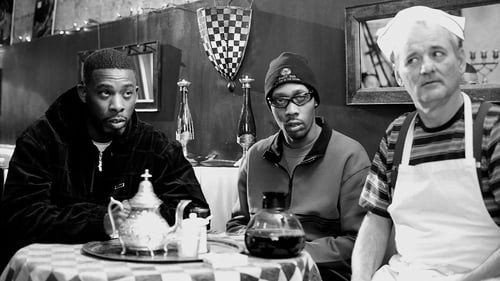
En 1993, un corto de Jim Jarmusch titulado "Coffee and Cigarettes" recibió la Palma de Oro del Festival de Cannes. Once años depués Jarmusch rueda "Coffee and Cigarettes", un conjunto de episodios cortos. Cada secuencia muestra a diversos personajes sentados a una mesa, tomando café, fumando cigarrillos y discutiendo sobre temas tan diversos como la preparación del té inglés, las teorías sobre la conspiración contra Elvis Presley, Abbot & Costello, la ficticia banda de rock SQÜRL, París en los años veinte o el uso de la nicotina como insecticida...
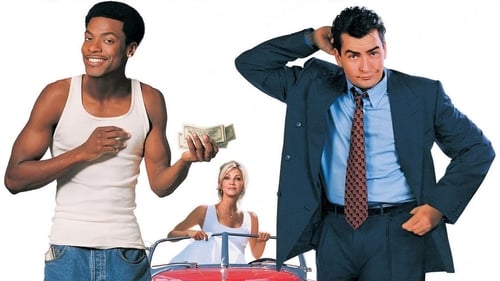
Franklin es un timador que, tras ser detenido, es trasladado a una cárcel junto a un peligroso traficante de diamantes llamado Villard. Durante el traslado, Villard es rescatado por sus compañeros, pero permanece atado a Franklin quien, tras lograr escapar, es buscado como el causante de la fuga.
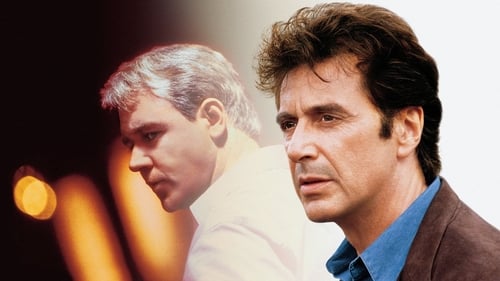
Jeffrey Wigand, científico y directivo de la famosa tabacalera norteamericana Brown & Williamson, descubre el secreto celosamente guardado por la industria tabacalera sobre las sustancias que crean adicción en los fumadores. El productor del programa 60 minutes, Lowell Bergman, arriesga su carrera para poner frente a las cámaras a Wigand, que ve como su vida entera se viene abajo al revelar la verdad a la opinión pública. Nadie saldrá indemne de esta batalla contra la industria del tabaco. Nada volverá a ser como antes.
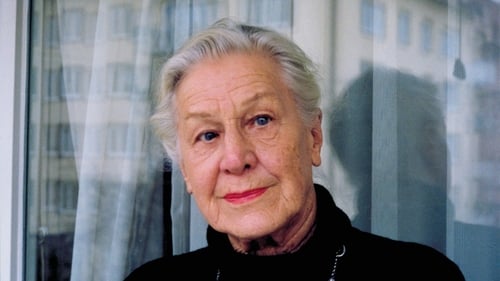
Tras 60 años de silencio ,Traudl June cuenta por primera vez,sus dias al lado de Hitler,dando lugar a este documento unico y a la pelicula El Hundimiento
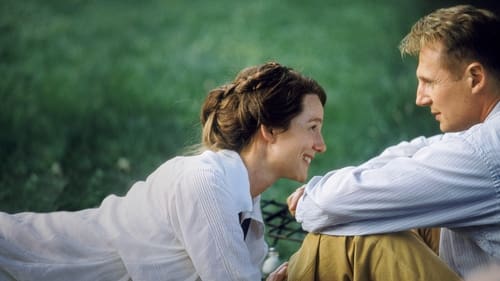
En 1948, la publicación del libro "El comportamiento sexual en el hombre", obra del biólogo Alfred Kinsey, constituyó una auténtica revolución que cambió para siempre la historia de la cultura americana: cientos de personas empezaron a replantearse los aspectos más íntimos de su vida y a cuestionarse los prejuicios y tabúes impuestos por una sociedad excesivamente puritana. Esta obra dio lugar a uno de los debates más intensos del siglo pasado. A Kinsey se le ha considerado el padre de la revolución sexual de los 60.


When Francois Truffaut approached Alfred Hitchcock in 1962 with the idea of having a long conversation with him about his work and publishing this in book form, he didn't imagine that more than four years would pass before Le Cinéma selon Hitchcock finally appeared in 1966. Not only in France but all over the world, Truffaut's Hitchcock interview developed over the years into a standard bible of film literature. In 1983, three years after Hitchcock's death, Truffaut decided to expand his by now legendary book to include a concluding chapter and have it published as the "Edition définitive". This film describes the genesis of the "Hitchbook" and throws light on the strange friendship between two completely different men. The centrepieces are the extracts from the original sound recordings of the interview with the voices of Alfred Hitchcock, Francois Truffaut, and Helen Scott – recordings which have never been heard in public before.

Featurette documenting the making of the film "Death On The Nile".
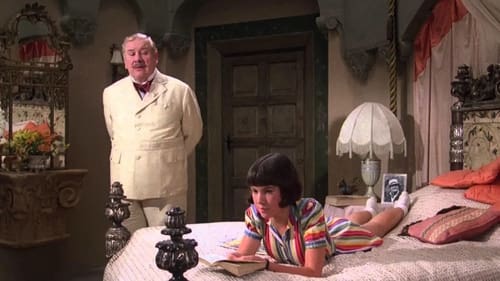
Director Guy Hamilton and several of the stars of Agatha Christie's "Evil Under The Sun" walk you through the making of the film.

Via reminiscences from writer/actor Gene Wilder and others, this documentary recalls the making of the 1974 film Young Frankenstein.
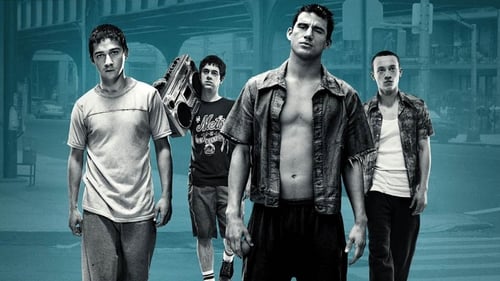
Nueva York, años ochenta. Astoria, barrio de Queens, es un sitio duro para crecer cuando eres un adolescente y el día se te va en pelearte con los puertorriqueños si eres italiano, o con los italianos si eres puertorriqueño. Añadir a eso que las hormonas se te comen vivo, las navajas campan por sus respetos y las drogas, tras un rato de paraíso, se te llevan a la cárcel en el mejor de los casos y al cementerio en el peor. Dito Montiel creció en Astoria y sobrevivió, ahora ha regresado y cada esquina tiene una historia y cada calle, un amigo que no lo consiguió...
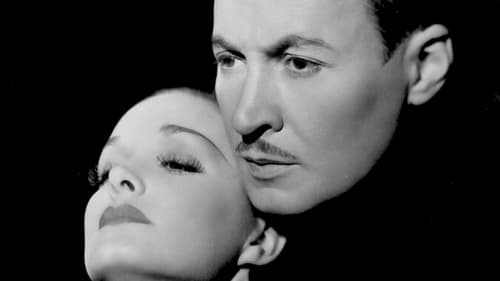
The star of "Song of the Toreador" receives threatening messages that he will not survive the preview screening of the film. The studio publicist works with the Director, the Producer and the police, to discover who is behind the threats.

Metal Gear Saga Vol. 1 features an in-depth documentary-style video feature that details the Metal Gear series' epic narrative, from beginning to end. Spanning five games and just as many decades of fictional history, Metal Gear Saga ties together the game's complex narrative in chronological order, from the 1960's-with the heroic origins of Big Boss in Metal Gear Solid 3: Snake Eater-to the cliffhanger conclusion of Metal Gear Solid 2: Sons of Liberty, set in the early 21st century. Metal Gear series creator Hideo Kojima also appears in a series of candid interviews, recounting the origins of the series and sharing its secrets, such as the original setting of Metal Gear Solid 2: Sons of Liberty, his thoughts on the infamous NES game Snake's Revenge, and what gamers can look forward to in the forthcoming Metal Gear Solid 4.

Metal Gear Saga Vol. 2 narrates the fictional events of the Metal Gear storyline beginning with Metal Gear Solid 3 and up to the events leading to Metal Gear Solid 4. The documentary centers around an undisclosed narrator (voiced by Masane Tsukuyama in Japanese and Guy Perryman in English) attempting to track Solid Snake down and narrates the history surrounding him, his father Big Boss (Naked Snake) and his brothers Liquid Snake and Solidus Snake.

In 1928, as the talkies threw the film industry and film language into turmoil, Chaplin decided that his Tramp character would not be heard. City Lights would not be a talking picture, but it would have a soundtrack. Chaplin personally composed a musical score and sound effects for the picture. With Peter Lord, the famous co-creator of Chicken Run and Wallace & Gromit, we see how Chaplin became the king of slapstick comedy and the superstar of the movies.

La película se centra en la historia de la entrevista de cinco días entre el reportero de la revista Rolling Stone David Lipsky y el aclamado novelista David Foster Wallace, que tuvo lugar justo después de que se publicara la novela épica y revolucionaria de Wallace en 1996: "La broma infinita".

A short documentary about the making of David Lynch's film Mulholland Drive.

A documentary on a stereotypically shady used car salesman, one who convinces customers to buy vehicles that others have deemed unfit for sale.

When Francois Truffaut approached Alfred Hitchcock in 1962 with the idea of having a long conversation with him about his work and publishing this in book form, he didn't imagine that more than four years would pass before Le Cinéma selon Hitchcock finally appeared in 1966. Not only in France but all over the world, Truffaut's Hitchcock interview developed over the years into a standard bible of film literature. In 1983, three years after Hitchcock's death, Truffaut decided to expand his by now legendary book to include a concluding chapter and have it published as the "Edition définitive". This film describes the genesis of the "Hitchbook" and throws light on the strange friendship between two completely different men. The centrepieces are the extracts from the original sound recordings of the interview with the voices of Alfred Hitchcock, Francois Truffaut, and Helen Scott – recordings which have never been heard in public before.
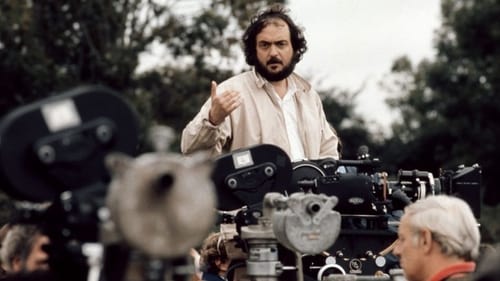
Documental sobre la vida, carrera y personalidad del controvertido director Stanley Kubrick (1928-1999), en el que participaron numerosos actores.















